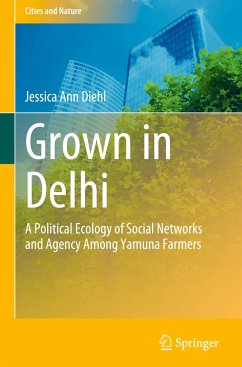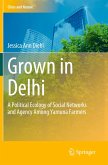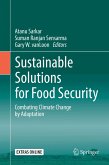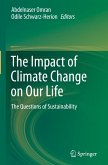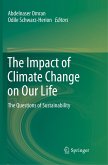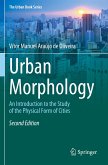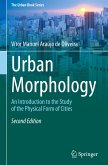This book explores how power relationships, measured through qualitative social network analysis, impact planning participation and livelihood strategies of a marginalized group of farmers cultivating the Yamuna River floodplain in Delhi, India. Through an in-depth study of 165 farming households facing land development, this book offers insights from the ground-up into how social dynamics enable and constrain agency. A novel mixed-methods approach was used to measure social networks and access to resources based on the different types of people farmers might interact with as part of their livelihoods: hired laborers, vendors, other farmers, etc. Digging deeper into social network patterns, typologies of power are illustrated as they manifest household agency through diverse pathways. More broadly, a political ecology lens is used to link together the multiple and fragmented Yamuna farmers' stories with broader social, ecological, infrastructural, and economic contexts to suggestfuture directions for inquiry and policy related to localized urban food systems and sustainable development.
This monograph will be of interest to academic faculty and graduate students in critical geography, cultural anthropology, food studies, landscape architecture/urban planning, and sociology.
Hinweis: Dieser Artikel kann nur an eine deutsche Lieferadresse ausgeliefert werden.
This monograph will be of interest to academic faculty and graduate students in critical geography, cultural anthropology, food studies, landscape architecture/urban planning, and sociology.
Hinweis: Dieser Artikel kann nur an eine deutsche Lieferadresse ausgeliefert werden.

